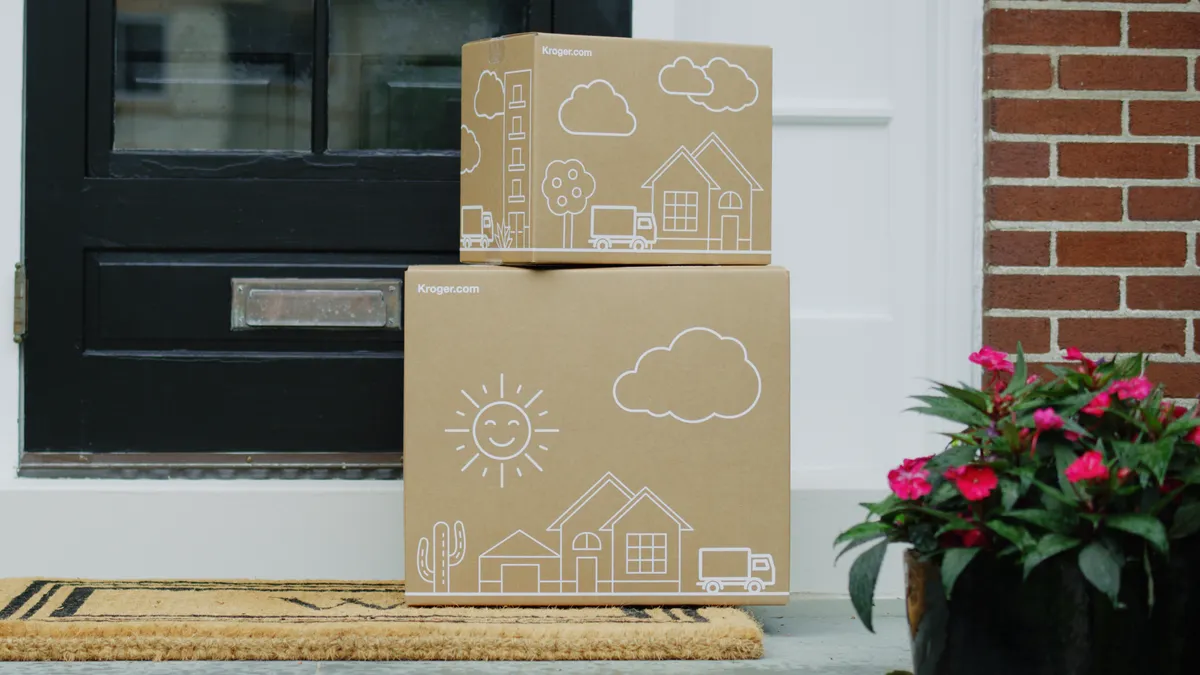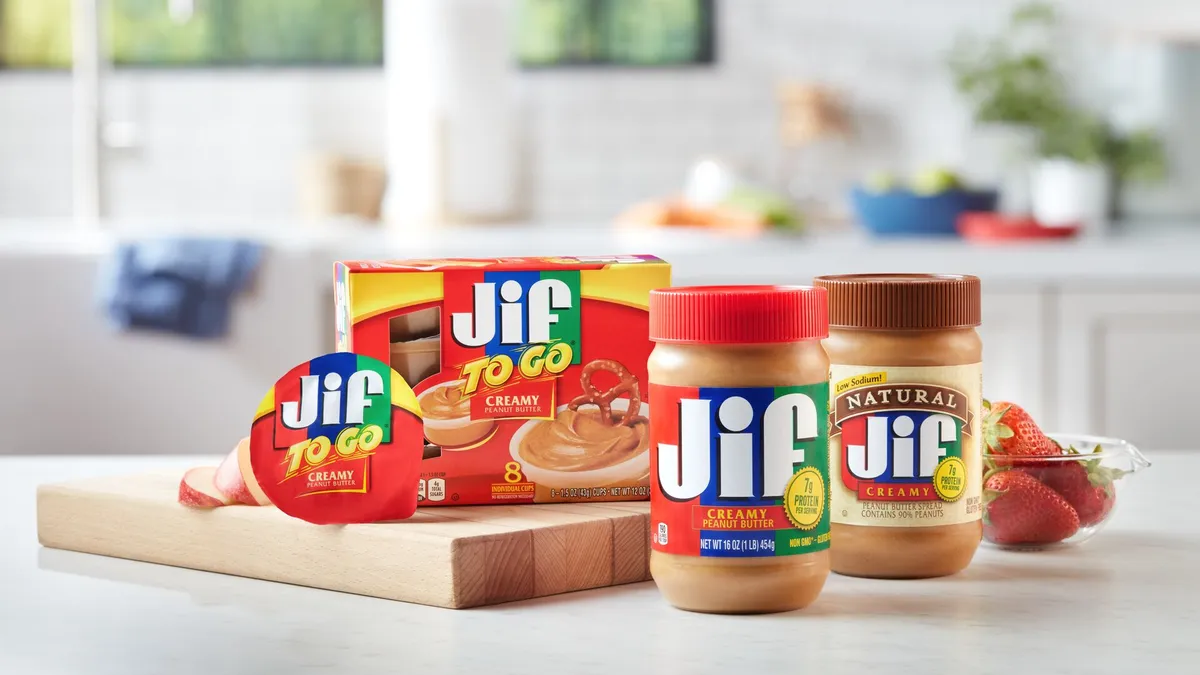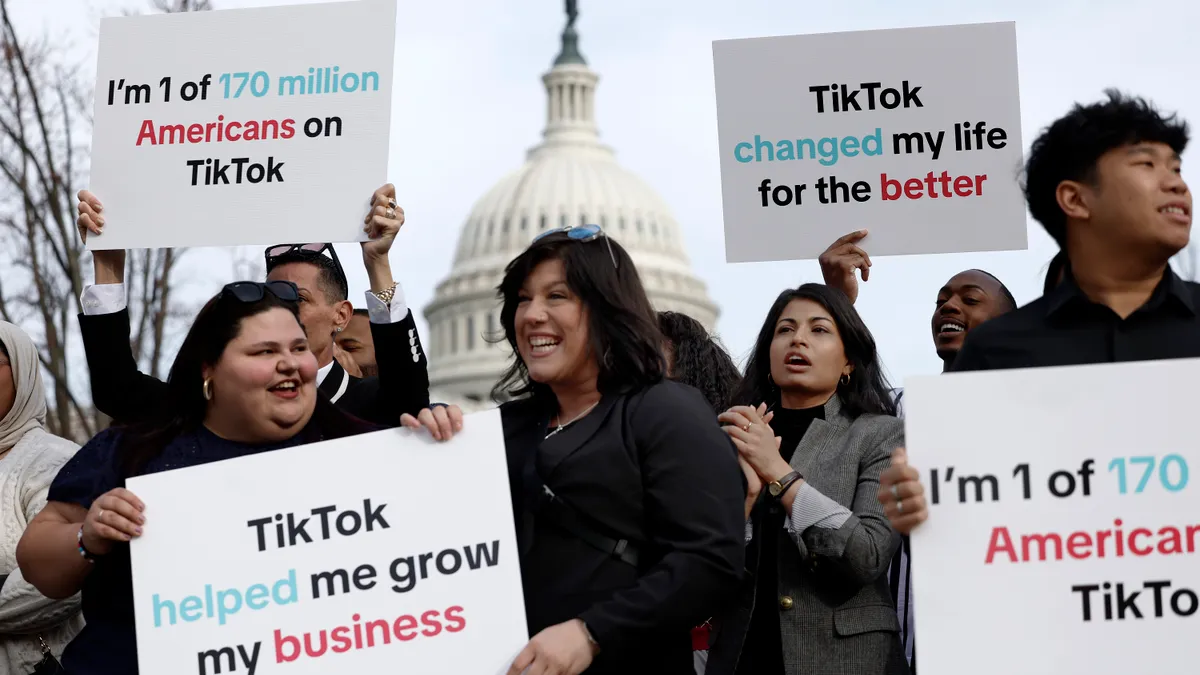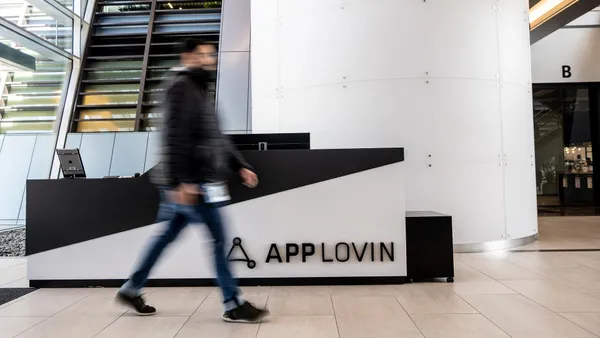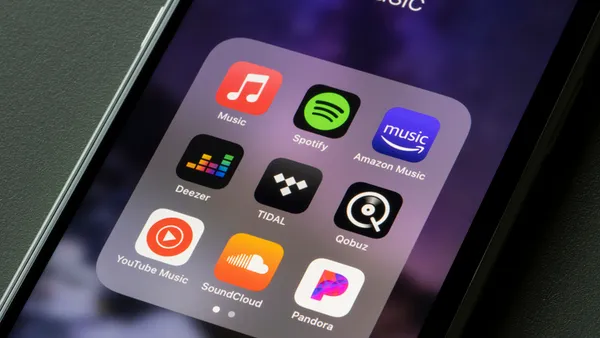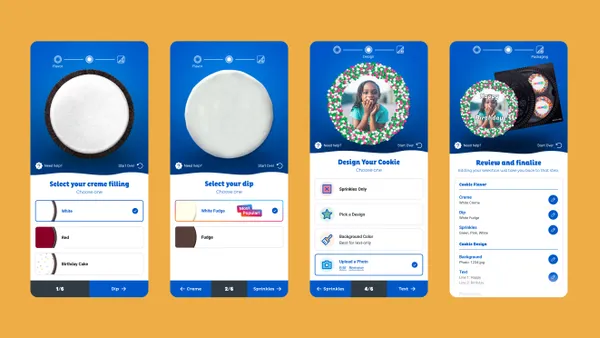Dive Brief:
- Kroger is expanding its ship-to-home service through a marketplace strategy that will initially source more than 50,000 products from third-party sellers, according to a company release. The move will double Kroger Ship’s current online assortment, with plans to eventually expand it further.
- The expansion will focus on specialty items, including natural, organic and international products that are new to Kroger, Jody Kalmbach, Kroger’s group vice president of product experience, said in an interview. The launch will also include housewares, toys and other general merchandise timed to the fall and winter seasons. Eligible orders will qualify for loyalty rewards like fuel points. According to its website, standard shipping currently is free for orders over $35.
- Kroger is working with Mirakl, a software company that has built marketplaces for retailers like Best Buy and Carrefour. CEO and co-founder Adrien Nussenbaum said more grocers are set to roll out marketplaces in the coming months.
Dive Insight:
As more consumers shop for groceries online and retailers like Amazon, Target and Walmart expand their digital marketplaces, the pressure is growing on food retailers to offer an online assortment that goes beyond what’s in their stores.
For Kroger, the focus is on offering specialty foods that would also interest the high-value shoppers the grocer has so far been able to attract with private label brands like Simple Truth and HemisFares.
“This will be new products, additional flavors, new brands that currently are not available from us, that you can get through these third-party sellers,” Kalmbach said.
She continued: “This launches us much deeper in natural and organic, international flavors, specialty foods. That is really going to be at the epicenter of what we're doing in addition to growing key categories that are really going to matter to customers this fall.”
Natural and organic foods have been a big seller for Kroger in recent years, with more than $2 billion in annual sales and new line extensions coming from its Simple Truth brand. The company has also been able to capitalize on rising digital sales across its pickup and delivery platforms, with e-commerce sales rising 92% in the most recent quarter.
It’s also focused on integrating all of its digital platforms and letting shoppers toggle easily between shopping modes. Kroger launched its Ship service as a standalone service in 2018, and since then it has become a featured channel alongside the company’s store delivery and curbside pickup services. These two store-based services are driving online sales for Kroger, but Ship has seen a major uptick in demand from the pandemic, said Kalmbach, and the company wants to capitalize on that.
Offering endless aisles promises to further boost Kroger’s ship-to-home service and potentially make it a primary shopping destination for customers alongside delivery and pickup. It has the added bonus of being able to reach shoppers in regions like the Northeast where there are no Kroger stores.
But Kroger will have to convince shoppers to buy from its site as opposed to Amazon, Target or online specialty grocers like Thrive Market that have recently gained momentum — a challenge it is all too familiar with at this point. Over the past year, Walmart has doubled the number of sellers on its marketplace to 50,000, according to a report from Marketplace Pulse.
Adding third-party sellers has gotten messy for companies like Amazon, which has been criticized as offering unsafe and low-quality products from companies on its vast marketplace. Kalmbach said Kroger has carefully screened each third-party seller, which is initially vetted and surfaced by partner Mirakl. She said every product page will list the seller along with company information and a performance report. Nussenbaum said his company will also track seller’s performance and suspend any that aren’t meeting standards.
“Rather than being extremely aggressive and just opening up the gates, we've been very methodical and thoughtful about who we're bringing on board,” Kalmbach said.
While a variety of retailers have ramped up their marketplace strategies over the past few years to compete with Amazon, U.S. grocers have remained fairly quiet on this front. One exception is Albertsons, which in 2018 launched an online marketplace offering specialty products from small suppliers.
That’s all about to change, said Nussenbaum, who is working with other grocers he declined to name on marketplace launches. As Amazon ramps up its grocery expansion through store and digital channels, marketplaces offer a valuable tool for grocers to compete, he said. He said Kroger’s integration of ship-to-home, delivery and curbside pickup into one seamless experience offers an advantage over Amazon and its separate grocery properties.
“When you shop for groceries on Amazon, you end up having multiple baskets for Prime, Whole Foods and Pantry,” Nussenbaum said. “The Amazon experience in food and grocery is still very mediocre. I think grocers can invest in marketplaces in ways that really leverage their strengths.”



